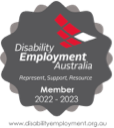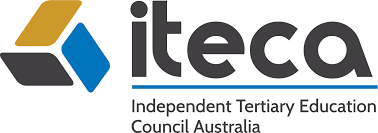Interview with Suzanne – TURSA Participant
“Loving life”
Suzanne, it’s great to have you here today. How did TURSA support you in gaining confidence and securing a job you love?
Absolutely. When I returned from Bundaberg with my individual support in disability, I faced challenges getting into aged care. But thankfully, Kim at TURSA suggested that CHS Training offered personal support and aged care courses, so I enrolled.
That sounds like a pivotal moment. So, Suzanne, you enrolled into the course. How did that go?
Yes, I did the course about 18 months ago and finished it successfully. CHS were amazing and treated me like family.
Fantastic. Please tell us more about Kim’s support during this time.
Kim’s support was instrumental in my journey. She helped me get into training and assisted in finding job opportunities. I used to work for Daugherty, and now I’m with Wesley. Kim helped secure both those positions.
What other services or supports did Kim connect you with?
Kim helped boost my self-confidence a lot. It wasn’t just about finding jobs but about believing in myself and my abilities.
That’s wonderful to hear. Suzanne, how has your life changed since completing the course?
My job satisfaction has increased significantly. I love working in out-of-home care; it’s much more fulfilling. And thanks to Kim’s support, I feel more confident and capable in my role.
Suzanne, could you tell us about your journey with TURSA from the first time you joined?
I was with TURSA for about 6-7 months initially, and while I didn’t find work then, I continued my education. Then, I spent nine months in a nursing home, but it wasn’t the right fit for me. That’s when Kim suggested Wesley Mission, and the rest is history.
Suzanne, how quickly did things progress once Kim suggested Wesley?
It was amazing. Kim submitted my resume, and the next day, I got a call for an interview at Wesley. It felt like everything fell into place perfectly.
That’s incredible. It’s clear that TURSA and Kim, CHS Training and Wesley Mission have been invaluable in your journey, Suzanne. Thank you for sharing your story with us today.


































